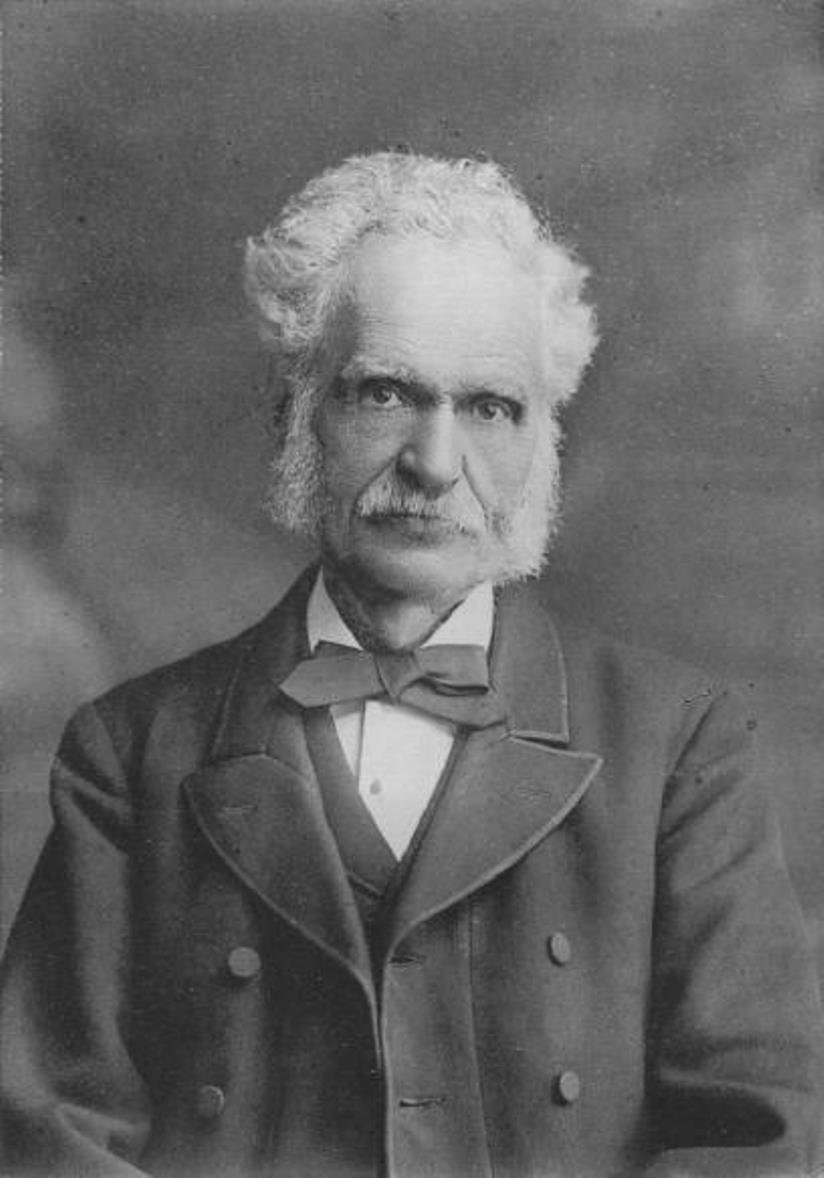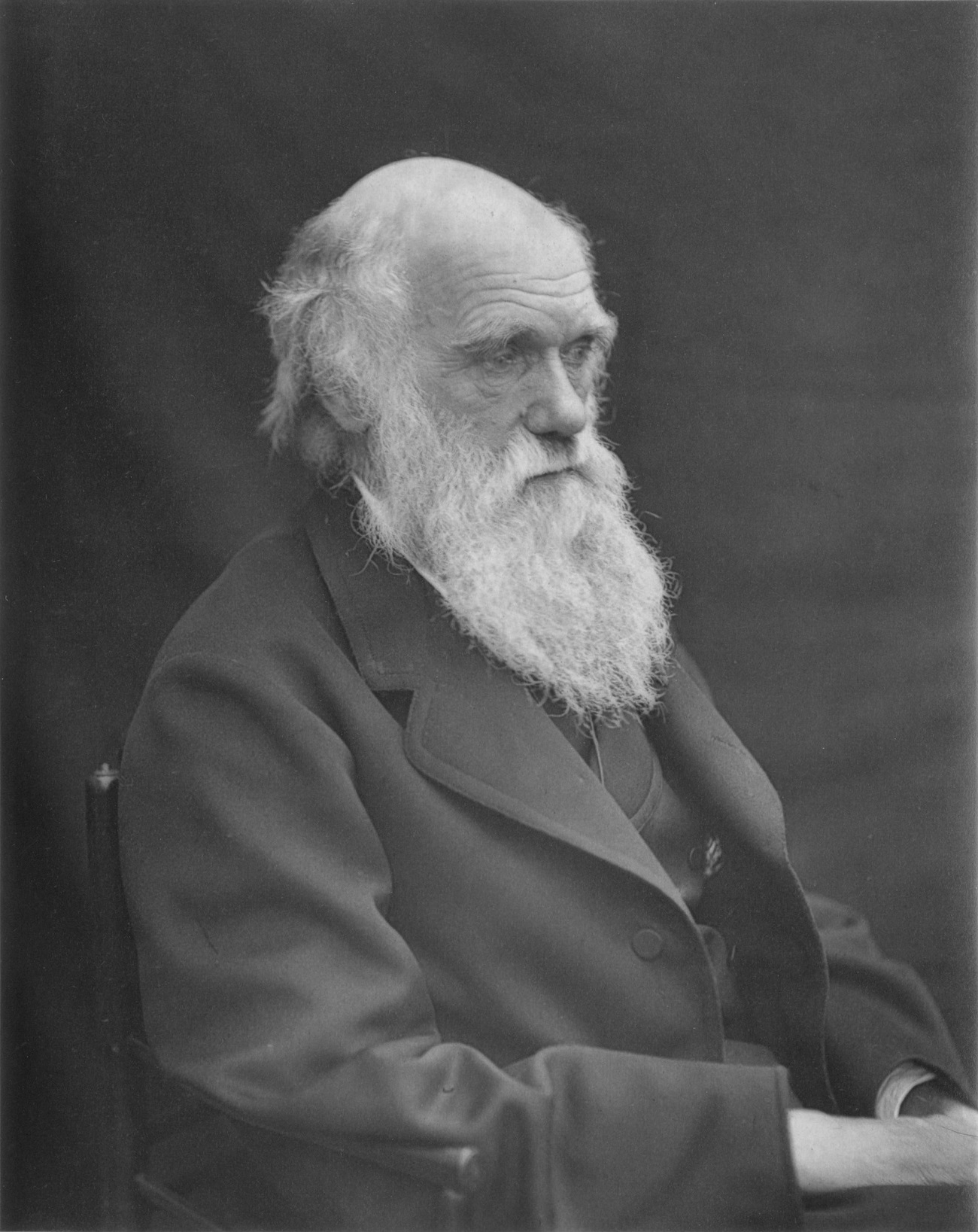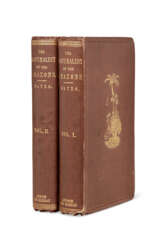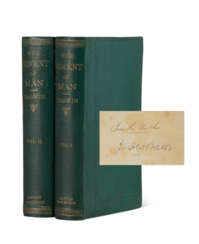henry walter bates (1825 - 1892)

Henry Walter Bates was a British naturalist, biologist and traveler.
As a young man, Henry worked in a factory and attended the local mechanical institute, where he excelled in Greek, Latin, French, drawing and composition, later learning German and Portuguese. He also practiced classical music and was an avid entomologist.
In 1844, Bates met entomologist Alfred Russel Wallace, who a few years later invited him to go to the tropical jungle on a scientific expedition. In May 1848, they arrived in Para, Brazil, near the mouth of the Amazon River. Wallace returned to England four years later, but Bates remained there for a total of 11 years, exploring the entire Amazon Valley, where he collected some 14,712 species, mostly insects, of which 8,000 were previously unknown.
On his return to England in 1859, Bates began working on his vast collections and preparing a famous paper published in 1862 entitled Contributions to an Insect Fauna of the Amazon Valley. In 1864 Bates was appointed assistant secretary of the Royal Geographical Society (London), a position he held until his death. He wrote The Naturalist on the Amazon River (1863), as well as many works on entomology.
Bates's work in demonstrating the action of natural selection in animal mimicry (imitation of other living organisms or inanimate objects) provided strong support for Charles Darwin's theory of evolution. Much of Bates's insect collections are in the British Museum.


Charles Robert Darwin was an English naturalist, geologist, and biologist, widely known for contributing to the understanding of evolutionary biology. His proposition that all species of life have descended from a common ancestor is now generally accepted and considered a fundamental concept in science. In a joint publication with Alfred Russel Wallace, he introduced his scientific theory that this branching pattern of evolution resulted from a process that he called natural selection, in which the struggle for existence has a similar effect to the artificial selection involved in selective breeding. Darwin has been described as one of the most influential figures in human history, and he was honoured by burial in Westminster Abbey.




